ASSISTED LIVING COMMUNITIES
IN OH, MN & WI
Just because you need help with daily routines doesn’t mean you have to give up the things that make you happy. With our round-the-clock nursing staff, you’ll lead an engaging lifestyle supported by the highest level of personal care. Daily programming, floor plans and even diets have all been modified for your safety, enjoyment and comfort.
Assisted Living Facilities In Ohio
Assisted Living Facilities In Minnesota
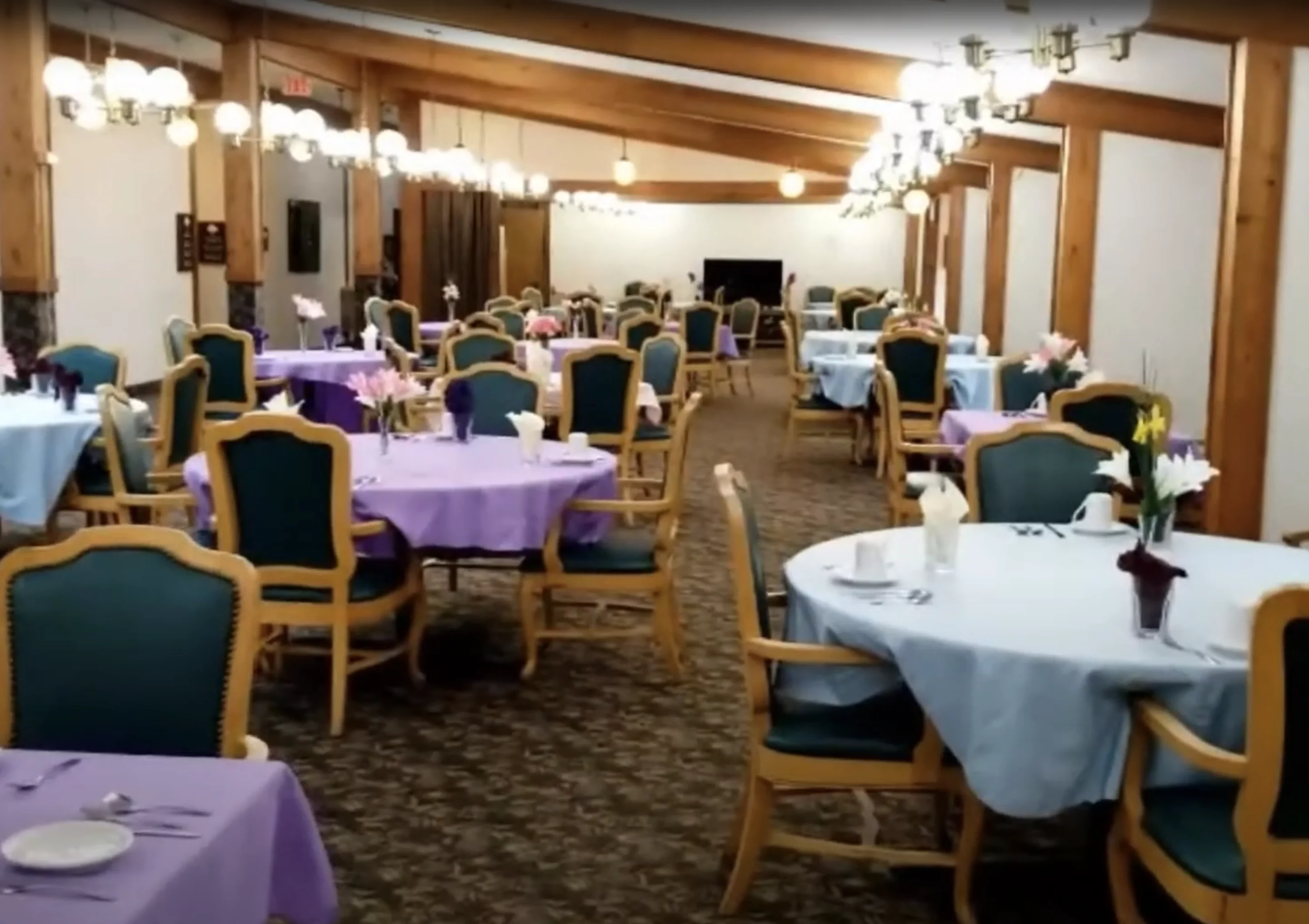
Hilltop Village
Euclid, OH
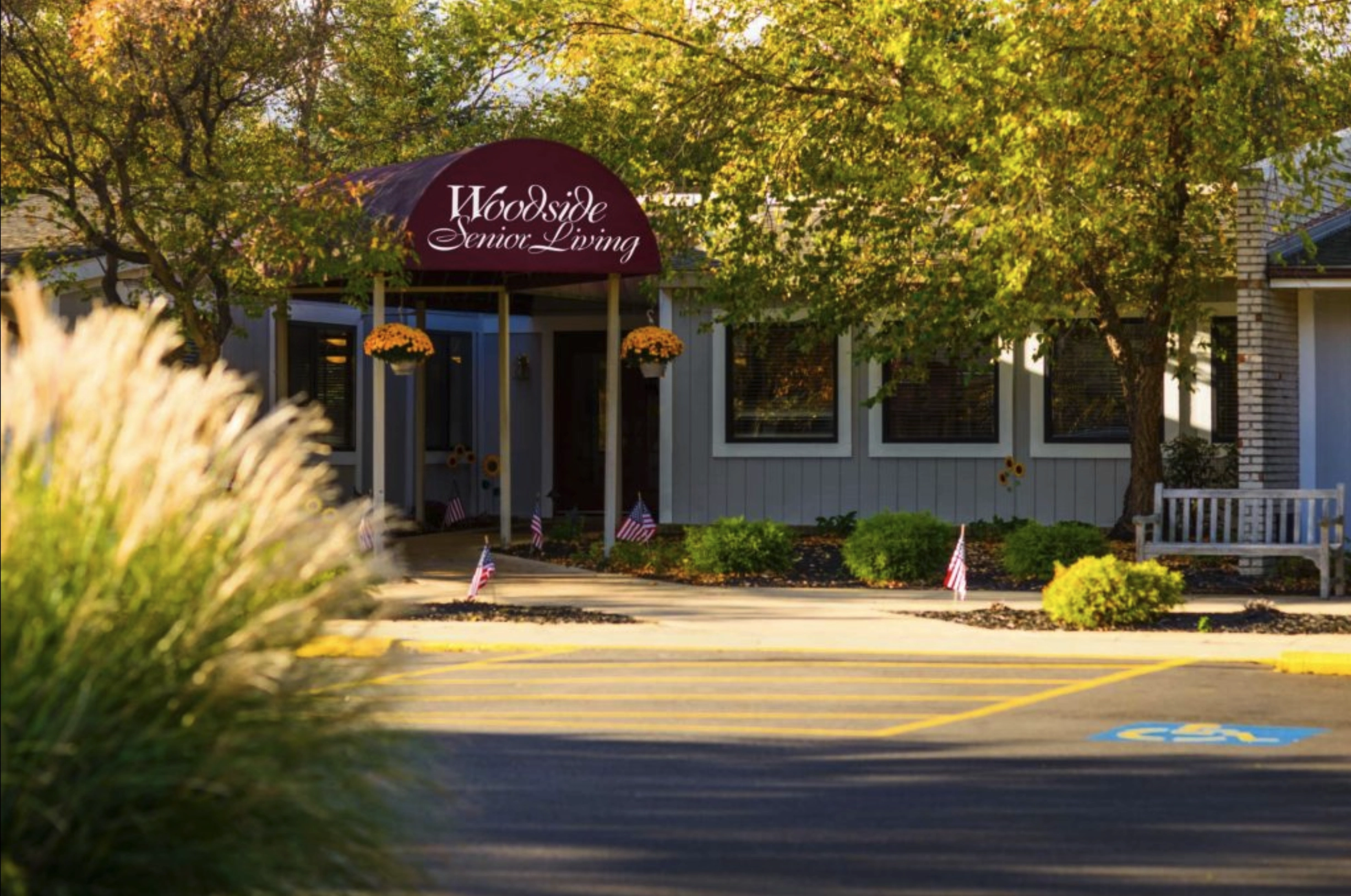
Woodside
Bedford, OH
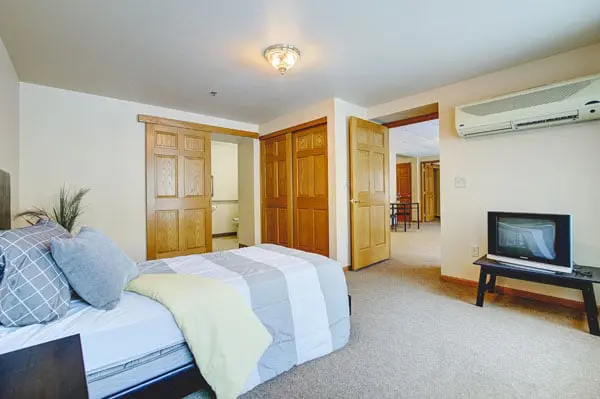
Nature's Point
St. Cloud, MN
Assisted Living Facilities In Wisconsin
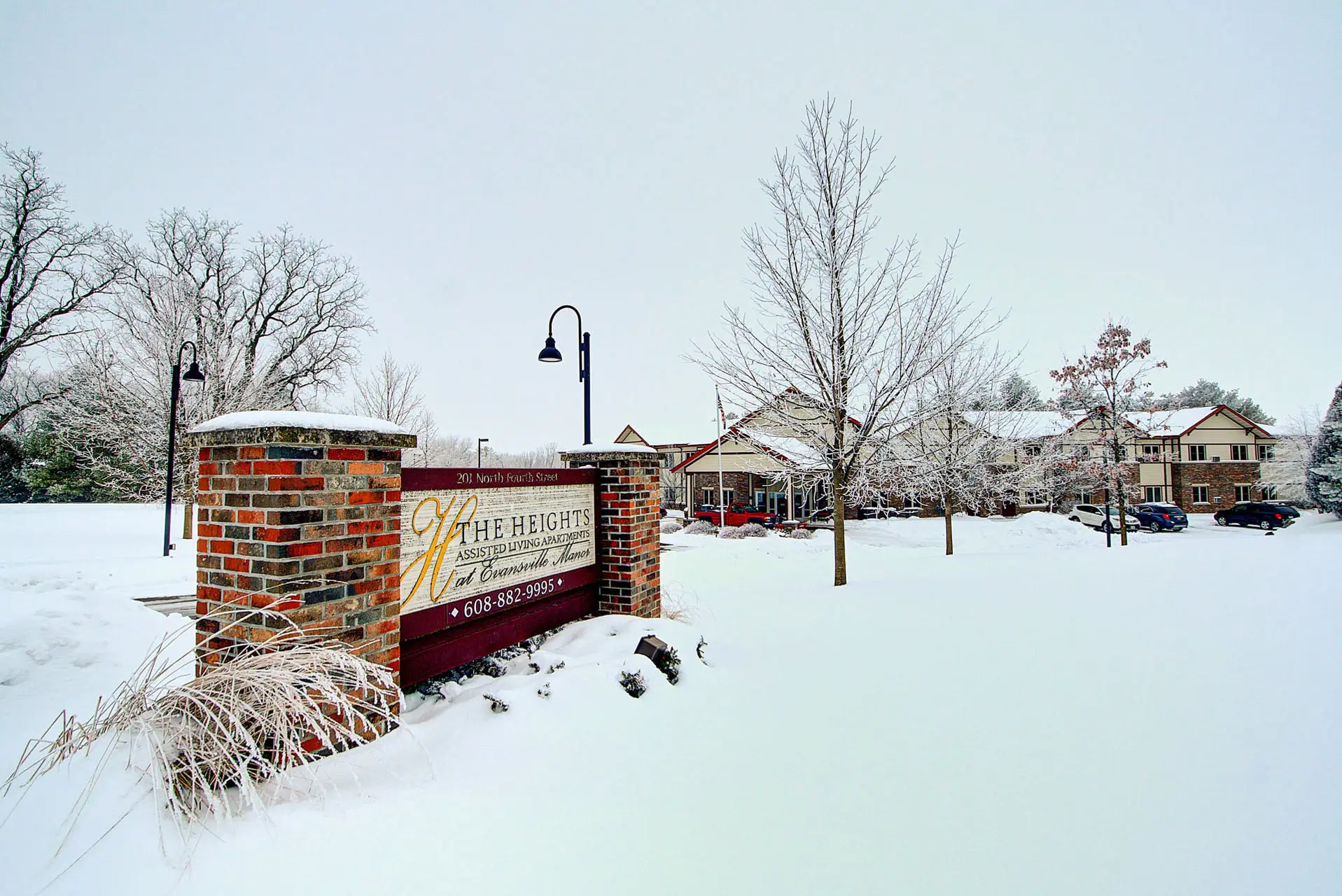
The Heights
Evansville, WI
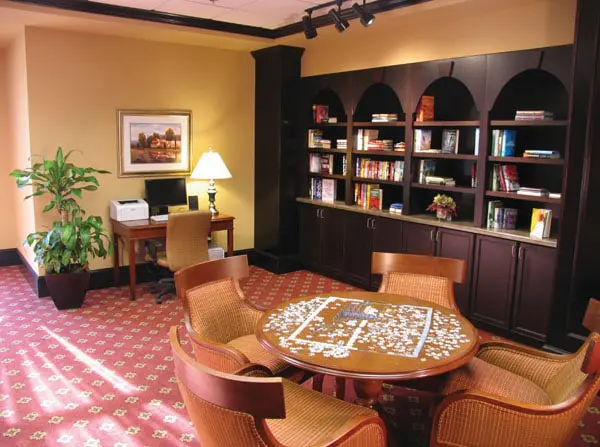
Bella Vista
Oshkosh, WI

Lakeshore Manor
Oshkosh, WI
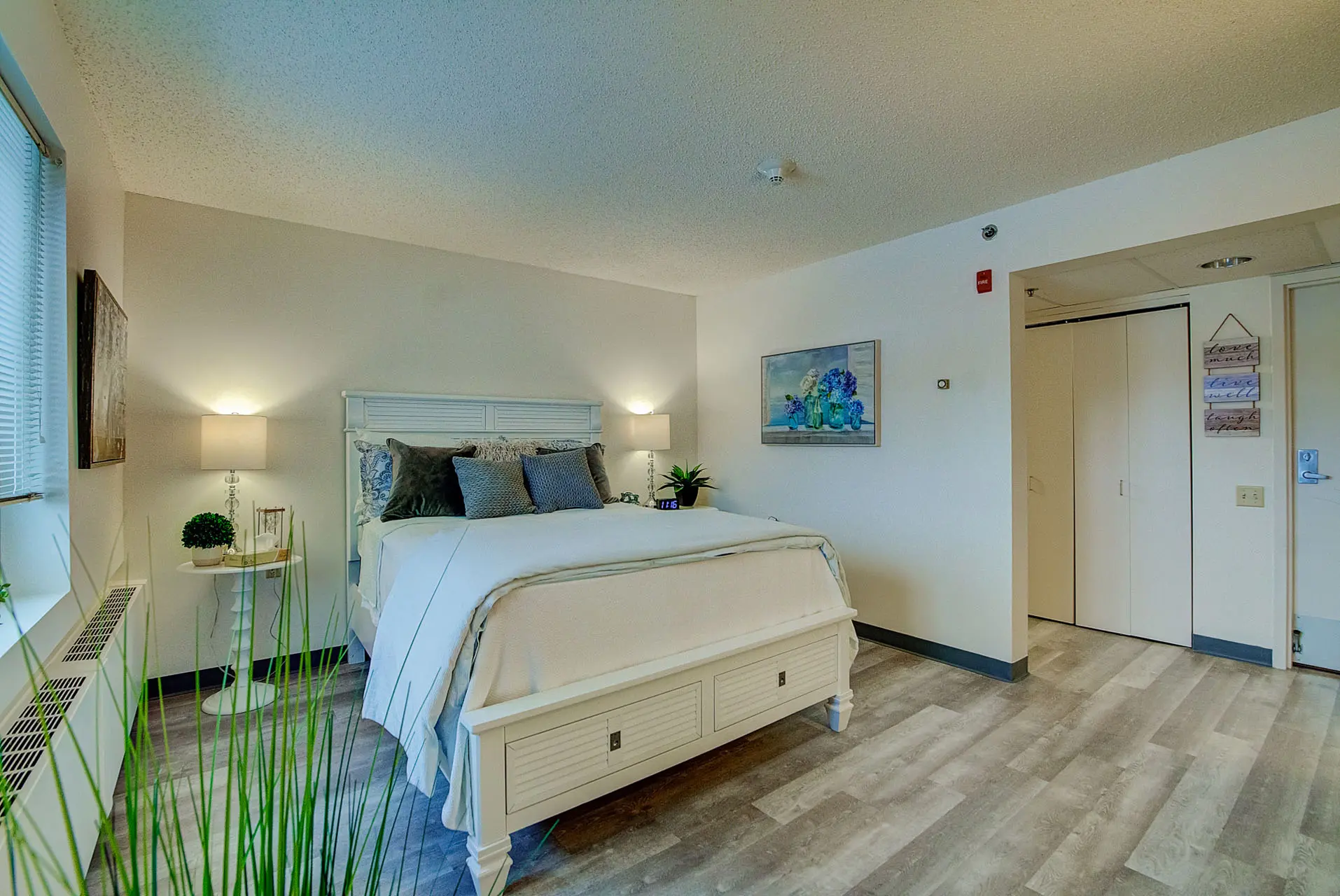
Woods Of Caledonia
Racine, WI
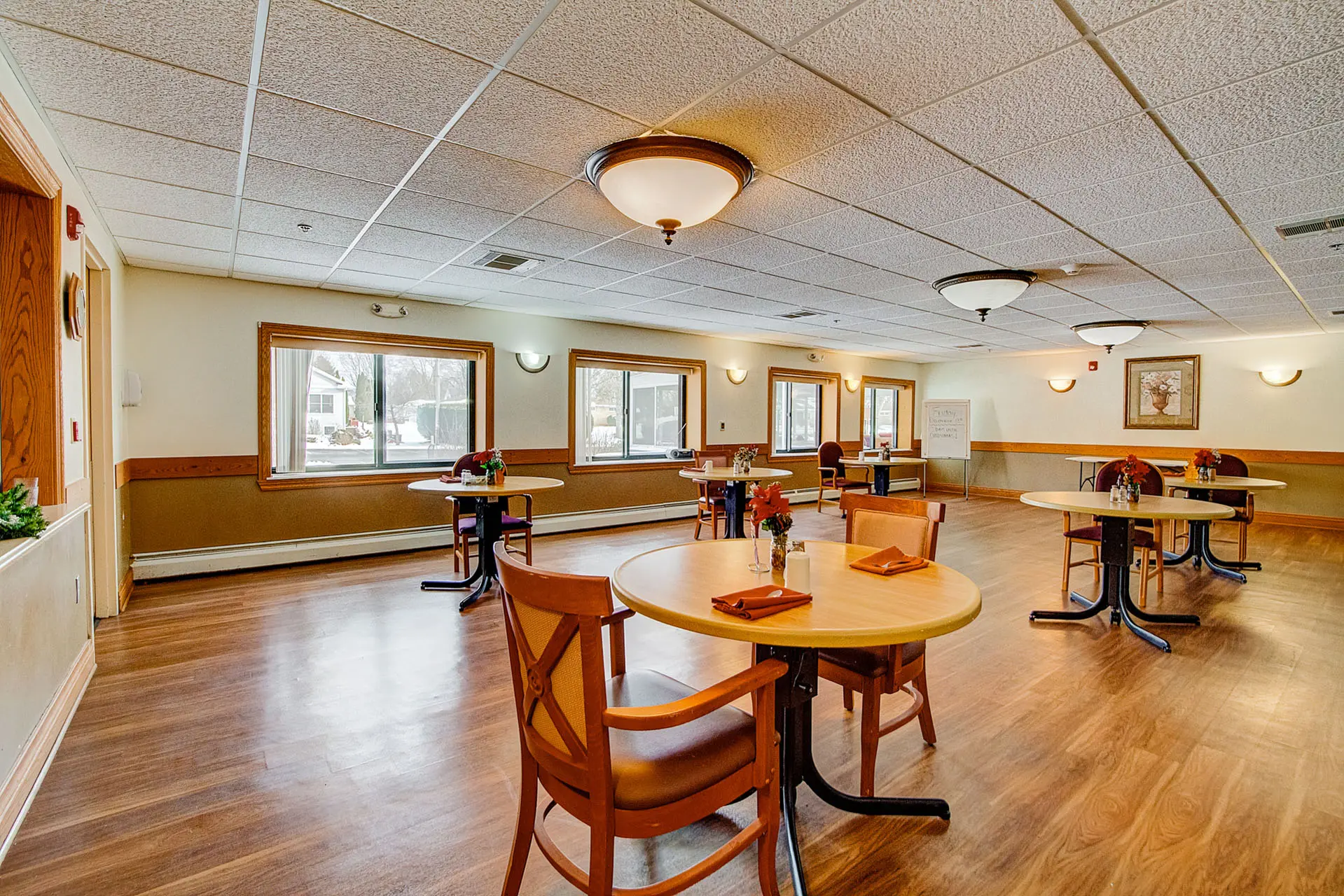
Wolverton Glen
Ripon, WI

Mission Creek
Waukesha, WI
Hilltop Village
Woodside Senior Living
Woods of Caledonia
Nature's Point
Wolverton Glen
The Heights
Mission Creek
Lakeshore Manor
Bella Vista
What Is Assisted Living?
Assisted living is a long-term care option that provides housing, health, and personal services to seniors who need help with daily living activities such as bathing, dressing, and using the toilet. In this article, we will talk about assisted living and assisted living facilities in more detail.
What is an assisted living facility?
An assisted living facility is a type of community-based care facility that provides supportive housing, health, and personal services to seniors who need help with daily living activities. Assisted living facilities usually offer three meals a day with snacks as well as laundry and housekeeping services and transportation for medical appointments.
Residents in assisted living facilities also have access to medical professionals such as nurses, social workers, and more. Plus, many assisted living facilities offer activities and social events to help residents stay active and engaged. Examples of these activities include fitness and exercise classes, arts and crafts, educational lectures, cooking classes, gardening clubs, game nights, and much more.
What can a resident expect when at an assisted living facility?
Patients in assisted living facilities can expect a high quality of life. These communities offer comfortable, safe, and private living spaces for patients as well as opportunities to socialize and engage with others in the community.
Assisted living facilities are different from skilled nursing facilities because they do not provide around-the-clock medical care or supervision that some patients might need. However, assisted living does generally involve more individualized attention than one would typically find at home alone. Team members are always there as a helping hand when needed.
They typically don’t have onsite nurses available to help residents 24/7 as you’d see in most hospitals (although this varies by facility). Rather than being staffed by hospital employees (such as nurses and doctors who work shifts lasting 12 hours or longer each day), assisted living communities often employ caregivers who work for multiple days at a time.
However, assisted living facilities expect patients to be able to take care of themselves at least in some ways, and this can vary from person to person. Some assisted living facilities offer more specialized services for patients with specific illnesses such as Alzheimer’s disease or dementia. Others provide all types of long-term care for those who need it most.
Assisted living communities often have a wide range of amenities available to their residents, including laundry service, transportation options (such as buses), and social activities like movie nights or game nights with friends and family members. These amenities help make assisted living facilities feel more like home than other types of senior housing options. There is always something fun for residents to do and they can make friends with other residents.
In addition to providing assistance with daily tasks, assisted living facilities typically offer a variety of recreational opportunities and social activities that help residents maintain contact with their loved ones while still maintaining independence in their own apartments. Many assisted living communities also offer fitness classes or gym memberships so that seniors can stay healthy and active each day.
What does assisted living provide?
Assisted living provides assistance whenever it is needed by a senior. This assistance can include help with daily tasks like bathing and grooming, preparing meals, housekeeping, or transportation to medical appointments. It can also consist of other services such as medication reminders or mobility assistance through the use of a walker or wheelchair.
These services are intended to help seniors live as independently as possible in their own apartments, which is why assisted living communities are often called “independent living” facilities.
Does assisted living include meals?
Assisted living communities often provide meals for patients three times a day. There are also assisted living facilities that offer snacks in between meals. Nutrition is very important for seniors and assisted living facilities have their own chefs and dieticians who make sure that the food they serve is nutritious and delicious.
Apart from providing meals for patients, some assisted living communities even offer cooking classes to help their residents learn how to cook healthy dishes on their own. These communities also host special events where family members can join in and eat together with their loved ones who are living in these facilities.
Does assisted living help with toileting?
Yes, assisted living facilities provide toileting assistance for their patients. This includes help with bathing, grooming, and using the toilet. This is to guarantee that the residents will not have any trouble with their personal hygiene and even perform tasks that they might find difficult to do on their own. By providing help with toileting, patients are not at risk of accidents that might occur if they are not assisted.
What to look for in an assisted living facility
Assisted living facilities vary depending on the services they offer and the quality of service that their residents receive. Some assisted living facilities are more expensive than others, but it does not always mean that these are the best ones. You must make sure to choose a facility that offers all or most of what you need for your loved one’s well-being.
Below are examples of the things you need to look for in an assisted living facility:
Cleanliness
Cleanliness is a very important factor that you should never forego when considering an assisted living facility. Some of your loved ones might have issues with their health and may be prone to infections or other illnesses. Therefore, facilities must keep the rooms and common areas clean at all times.
Ask to see the rooms during your visit. Check the toilet and bathroom for mold or mildew. Make sure the floors and walls are clean and free of dirt, dust, and stains. This way, you can be sure that your loved one will be safe and healthy in the facility.
Hygiene
Assisted living facilities also need to have good hygiene standards. This means ensuring that the common areas and bedrooms are kept clean and tidy, as well as providing residents with fresh towels and bedding on a regular basis.
Plus, assisted living facilities need to be able to teach their staff and residents the importance of good hygiene. This includes washing their hands regularly, brushing their teeth, and wearing clean clothes.
Accommodations
Assisted living facilities offer different types of accommodations depending on the needs and budget of their residents. Studios are usually smaller but more affordable, while suites can provide more space and amenities. Some assisted living facilities also have cottages or villas that are ideal for couples. Here is a quick overview of the different types of accommodations that assisted living facilities offer:
- Private rooms: Private rooms are the most common type of accommodation in assisted living facilities. They usually come with a private bathroom and can accommodate one or two residents.
- Shared rooms: These rooms are smaller compared to private rooms and are typically shared by two or more residents. These rooms are great for patients who love socializing with others.
- Studio apartments: Studio apartments usually come with a bedroom, kitchenette, and bathroom. Some of them also have their own living room area.
- Suites: Suites are bigger than studio apartments and they usually comprise one bedroom, a full-sized kitchen or pantry, a living room area, and an en-suite bathroom.
-
Amenities
Assisted living facilities also offer other amenities such as:
- Activity rooms: These are spacious areas where the residents can do their hobbies or play games with their fellow patients. Some assisted living centers even have a game room dedicated to card games, table tennis, and billiards.
- Beauty salon: Most assisted living facilities come with a beauty salon where the residents can get their hair cut, styled, and colored. Some of them also have manicure and pedicure services offered regularly by volunteer beauticians or on-site staff members.
- Landscaped grounds: Assisted living facilities usually have well-maintained gardens and grounds with benches, walking paths, and areas for picnics. This is a great place for the residents to spend their free time outdoors.
- Library: A lot of assisted living centers have a library stocked with books, magazines, and DVDs that the residents can borrow and take back to their rooms.
- Computer center: In this day and age when technology is an integral part of our lives, assisted living facilities have a computer center where the residents can browse the Internet, check their email accounts, and even learn how to use computers.
- Activities room: Assisted living facilities have an activities room where they hold movies nights or play bingo games. This is also used for arts and crafts classes or other recreational activities that encourage socialization among the other patients in the facility.
- Food
Food is another important factor you need to look into when choosing an assisted living facility for your loved one. The meals should be nutritious and appetizing so that your loved one will enjoy eating them. They should also be able to meet any dietary restrictions or needs that your loved one might have.
Therefore, you need to check if an assisted living facility has a dietician or nutritionist on board to plan out each resident’s meals. They should also prepare the food themselves rather than buying pre-packaged meals and reheating them in the microwave. Often, these facilities will set up dining halls where residents can take their meals while they socialize with each other. Residents also have the option to eat in their rooms.
Activities and Events
Assisted living facilities need to have a wide range of activities and events on offer to keep their residents entertained. This can include everything from bingo to arts and crafts classes. There should also be regular outings arranged, such as trips to the theater or park. This way, the residents can get out and about. Often, these facilities will have a dedicated activities director who comes up with ideas for events and outings.
Friendly and Reliable Staff
It’s important that the staff at these facilities are passionate about what they do and really enjoy spending time with the residents. They should be willing to go above and beyond for the residents, whether this is helping them with an activity or event or just having a friendly chat over a cup of tea.
Security
Security is an important consideration, especially for residents with dementia. Assisted living facilities often have a secure courtyard or garden area where residents can enjoy the outdoors without feeling unsafe. There are also usually extra security features in place to prevent wandering.
Flexible care options
It’s important that these facilities offer flexible care plans. There should be a range of services available to cater to the needs of different residents. This way, residents can stay in the assisted living facility for as long as they need without having to move to a different care setting when their needs change.
These are the things that you need to look for in an assisted living facility. An assisted living facility should provide a home-like environment with plenty of opportunities for residents to socialize and get involved in activities. This can be really important for older adults who may not have many family members or friends left to spend time with.
If you’re considering an assisted living facility for a loved one, it’s important to do your research and find out what the different facilities have to offer. Each assisted living facility is different, so you’ll want to make sure that the one you choose meets the specific needs of your loved one.
What is the difference between assisted living and independent living?
Independent living pertains to housing where seniors can live independently and without any assistance. These are often called retirement communities because they’re designed exclusively for retirees who want to enjoy their freedom and independence without the responsibilities of homeownership.
Independent living facilities provide a variety of services that make it easier for residents to live on their own. Some independent living facilities even offer meal plans, transportation services, and social activities.
On the other hand, assisted living is a type of senior care that offers residents assistance with basic needs like dressing, bathing, and grooming. It’s perfect for seniors who don’t need around-the-clock nursing care but could use some help with day-to-day tasks.
In assisted living facilities, residents typically have their own apartments or rooms and share common areas like kitchens, dining rooms, and living rooms. This setup allows residents to maintain their independence while still having access to the support they need.
Are there different levels of assisted living?
In assisted living, there are different levels of care that facilities offer. These levels are usually the following:
Lower levels of care
These levels of care are geared towards those who still have a pretty good grip on their daily activities. As such, seniors only require support for housekeeping, laundry, and meals.
High levels of care
At this level of assisted living care, residents need more help with personal activities like dressing and bathing. They may also need some assistance taking medication or getting dressed.
How old do you have to be for assisted living?
You need to be at least 55 years of age to qualify for assisted living. Some facilities may have a higher minimum age requirement, though, so be sure to check with the facility itself before signing up.
Can a spouse live in assisted living?
Yes. A spouse can live in an assisted living facility. This is because the goal of assisted living is to improve seniors’ quality of life. Assisted living facilities understand that spouses are integral to one another’s lives and thus provide accommodations for married couples.
Are pets allowed in assisted living facilities?
There are no nationwide rules when it comes to pets in assisted living facilities. However, many assisted living facilities allow residents to have small animals as companions. This is because pets provide seniors with socialization and emotional support, which are essential for their overall wellbeing.
How To Get Into Assisted Living
When is it time for assisted living?
You will know that it’s time for assisted living when you or your loved one needs more assistance than what caretakers, family members, or friends can provide. Assisted living is right for seniors who may still be independent with some basic activities of daily life but require help for other tasks and have health conditions that need to be monitored.
How do you move a parent to assisted living?
You can move a parent to assisted living by visiting facilities in your area and asking questions. You can also consult with an eldercare specialist or geriatric care manager who can help you assess the needs of your loved one and find the right assisted living facility for them.
Who qualifies for assisted living?
Seniors who are able to live independently but need help with some basic activities of daily living such as bathing, dressing, and grooming qualify for assisted living. Assisted living is also right for seniors who have health conditions that need to be monitored.
How do you apply for assisted living?
To apply for assisted living, you or your loved one will need to contact the facility directly. Most facilities require a medical evaluation and/or assessment before admitting residents. The process of moving into an assisted living facility can take anywhere from a few days to a few weeks.
Paying for Assisted Living
How much does assisted living cost?
Assisted living usually costs around $45,000 a year. However, this varies depending on the state where you live and what services are being provided. A daily average for assisted living costs ranges from $120 to $270 depending on the location and services provided.
Assisted living facilities that offer specialized care, such as memory and dementia care, will typically cost more than assisted living communities without them. This is because a higher level of professional assistance is required for residents with these conditions.
For example, if your loved one has Alzheimer’s disease, they may need help with daily living activities such as bathing and eating. This can be quite challenging for family members to manage alone. Your loved one may also need a higher level of supervision because they are more prone to wandering and becoming lost.
Does insurance help pay for assisted living?
Insurance policies vary, so it is important to check with your provider. Generally, long-term care insurance will help pay for some of the costs associated with assisted living. However, policies can be quite complex and it is important to read the fine print.
Does long-term care insurance cover assisted living?
Even though long-term care insurance will cover senior care facilities, the policy will likely have a list of approved assisted living facilities. This is because every policy is different and covers various services.
How much is assisted living insurance?
Assisted living insurance costs depend on a number of factors. They include your age, gender, and health. The type of facility will also determine the cost of assisted living insurance. A rough estimate would be $225 per month.
Is assisted living tax deductible?
Assisted living is tax-deductible if it is considered a medical expense. The assisted living facility must be licensed and meet the requirements set by the IRS. You can only claim expenses that are more than seven and a half percent of your adjusted gross income.
Does social security pay for assisted living?
Social security does not pay for assisted living, but it can help cover some of the costs. Supplemental Security Income (SSI) may be available to those who qualify. To find out if you are eligible and learn more about the benefits, visit the Social Security website. You will be able to find out if you qualify for SSI and what the requirements are.
Does the VA pay for assisted living?
The VA does not pay for assisted living, but it may help cover some of the costs. Veterans who qualify will receive Aid and Attendance benefits from the VA to assist with long-term care expenses, including assisted living.
Medicare, Medicaid, and Assistance
Does Medicare cover assisted living?
Medicare does not cover assisted living, but it may help with some of the costs if you are in a Medicare-certified skilled nursing facility that provides assisted living services. It can also help pay for other medical expenses.
Does Medicare cover assisted living for dementia?
Medicare covers some part of assisted living for those with dementia. For example, it will help pay for the costs of a nursing home if you need full-time skilled nursing care but can live in an assisted living community with supervision and assistance for activities of daily living (ADLs) such as bathing, dressing, and using the toilet.
Does Medicaid pay for assisted living?
Medicaid may help with the cost of assisted living if you meet certain requirements. Some states offer state Medicaid waivers that allow people to use Medicaid funds to pay for assisted living.
Final Thoughts
Assisted living is a great option for seniors who value independence and want to live in a community environment. Assisted living facilities will help you or your loved one with the activities of daily living while still having control over your life.
For more information on assisted living, get in touch with one of our intake specialists. Whether you have general questions about assisted living or you are looking to tour one of our Wisconsin or Minnesota-based assisted living facilities, we are here to assist in any way we can.
